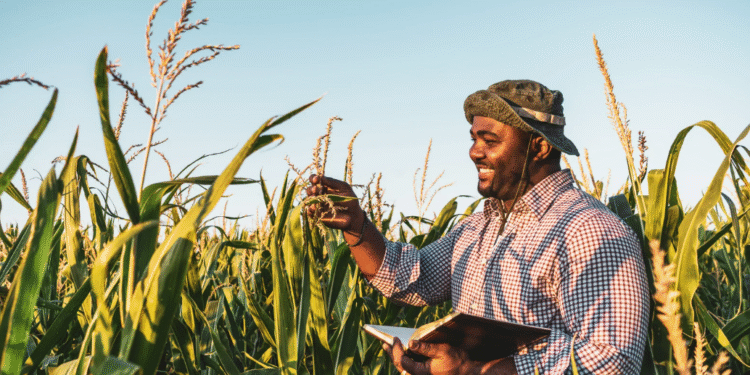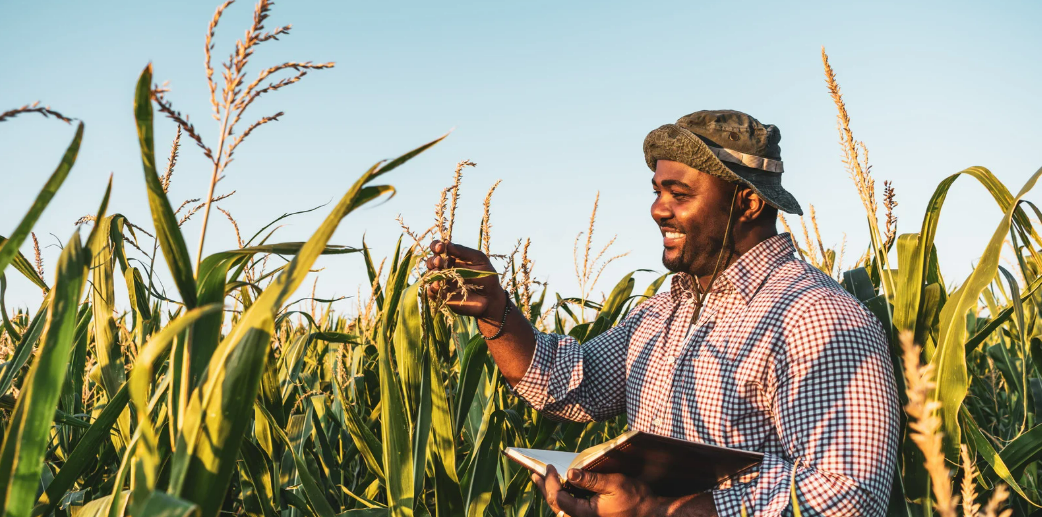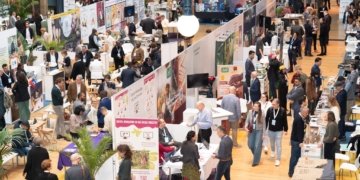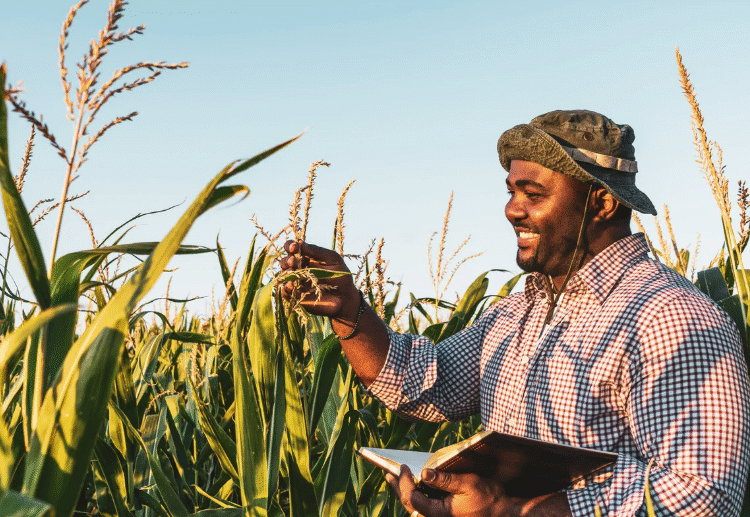ACCRA, Ghana (BG) — Ghana is addressing food security and sustainability challenges through technology, partnerships, and innovative solutions, according to a statement released Thursday by the International Trade Centre.
With support from the Netherlands Trust Fund V (NTF V) Ghana Tech project, initiatives like the Horticulture Business Platform and the Agricultural Innovation for Africa Conference are helping farmers reduce post-harvest losses, gain market access, and optimize production processes.
The agriculture sector employs 40% of the population but faces significant challenges, including vulnerability to climate change, limited infrastructure, and a reliance on imported staples like rice and onions.
“Technology enables us to reach larger communities quickly, improving efficiency and encouraging youth participation in food safety and security,” said Benjamin Gyan-Kesse, director of the Kosmos Innovation Centre.
The Kosmos Innovation Centre supports young entrepreneurs and small businesses through training, mentorship, and seed funding.
Post-harvest losses account for up to 30% of crops, leaving about 1 million people food insecure, according to the statement.
Programs like the Horticulture Business Platform connect farmers with buyers and financial institutions through projects like Farm-to-Market.
At the same time, the Agricultural Innovation for Africa Conference brings together agribusinesses, investors, and policymakers to explore sustainable solutions.
Empowering youth and women is key to Ghana’s strategy.
Initiatives such as the Young Farmers Business Academy train younger generations in climate-smart agriculture, while agritech startups prioritize resources for women farmers, advancing gender equality and economic empowerment.
However, challenges like limited smartphone access and digital literacy remain.
“Developing digital solutions for farmers, even in remote areas, has been a remarkable achievement,” said Bram van Opijnen, First Secretary at the Dutch Embassy in Ghana.
“It’s a testament to the power of collaboration and innovation,” Opijnen added.
With continued collaboration and innovation, Ghana’s efforts provide a model for a more resilient and sustainable agricultural future — locally and globally.























